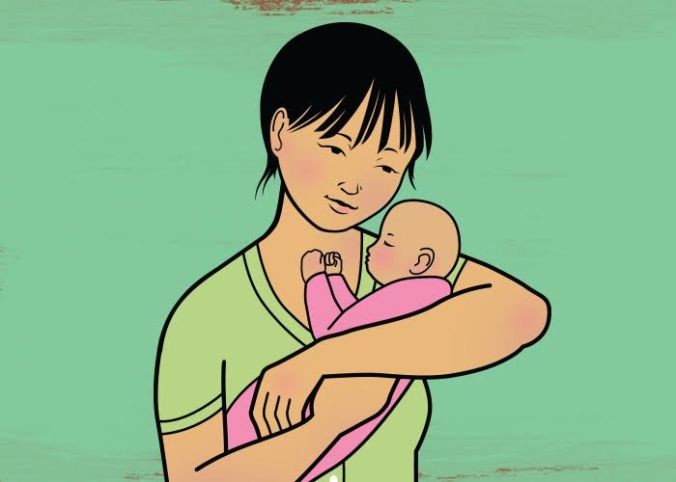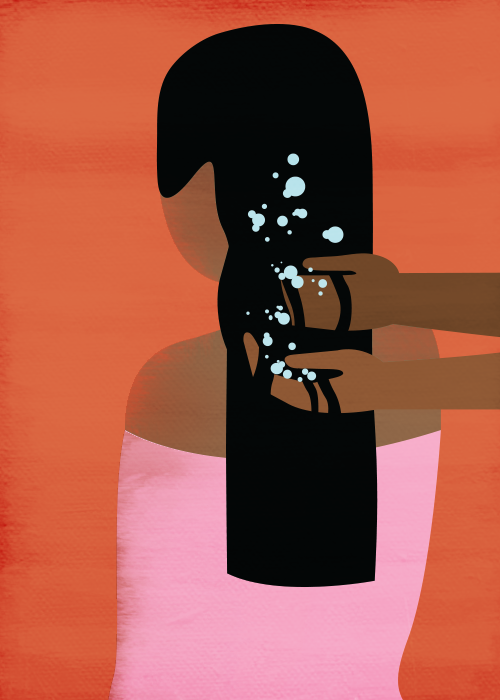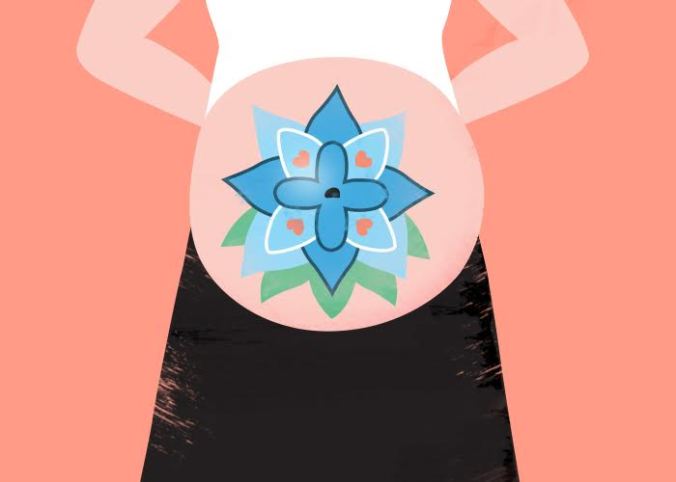Kathleen Kendall-Tackett examines how other cultures protect new mothers’ well-being.
Is ours not a strange culture that focuses so much attention on childbirth—virtually all of it based on anxiety and fear—and so little on the crucial time after birth, when patterns are established that will affect the individual and the family for decades? Suzanne Arms.
As citizens of an industrialized nation, we often act as if we have nothing to learn from low-income, developing countries. Yet many of these cultures are doing something extraordinarily right—especially in how they care for new mothers. In their classic paper, Stern and Kruckman (1983) present an anthropological critique of the literature. They found that in the cultures they studied, postpartum disorders, including the “baby blues,” were virtually nonexistent. By contrast, 50% to 85% of new mothers in industrialized nations experience the “baby blues,” and 15% to 25% (or more) experience postpartum depression.

What makes the difference?
Stern and Kruckman noted that cultures who had a low incidence of postpartum mood disorders all had rituals that provided support and care for new mothers. These cultures, although quite different from each other, all shared
5 protective social structures

- A distinct postpartum period. In these other cultures, the postpartum period is recognized as a time that is distinct from normal life. It is a time when the mother is supposed to recuperate. Her activities are limited and her female relatives take care of her. This type of care was also common in colonial America, when postpartum was referred to as the “lying-in” period. This period functioned as a time of “apprenticeship,” when more experienced mothers mentored the new mother.
- Protective measures reflecting the new mother’s vulnerability. During the postpartum period, new mothers are recognized as being especially vulnerable. Ritual bathing, washing of hair, massage, binding of the abdomen, and other types of personal care are prominent in the postpartum rituals of rural Guatemala, Mayan women in the Yucatan, Latina women both in the United States and Mexico. These rituals also mark the postpartum period as distinct from other times in women’s lives.
- Social seclusion and mandated rest. Postpartum is a time for the mother to rest, regain strength, and care for the baby. Related to the concept of vulnerability is the widespread practice of social seclusion for new mothers. For example, in the Punjab, women and their babies are secluded from everyone but female relatives and their midwives for five days. Seclusion is said to promote breastfeeding and it limits a woman’s normal activities. In contrast, many American mothers are expected to entertain others—even during their hospital stay. Once they get home, this practice continues as they are often expected to entertain family and friends who come to see the baby.
- Functional assistance. In order for seclusion and mandated rest to occur, mothers must be relieved of their normal workload. In these cultures, women are provided with someone to take care of older children and perform their household duties. As in the colonial period in the United States, women often return to the homes of their family of origin to ensure that this type of assistance is available.
- Social recognition of her new role and status. In the cultures Stern and Kruckman studied, there was a great deal of personal attention given to the mother. In China and Nepal, very little attention is paid to the pregnancy; much more attention is focused on the mother after the baby is born. This has been described as “mothering the mother.” For example, the status of the new mother is recognized through social rituals and gifts. In Punjabi culture, there is the “stepping-out ceremony,” which includes ritual bathing and hair washing performed by the midwife, and a ceremonial meal prepared by a Brahmin. When the mother returns to her husband’s family, she returns with many gifts she has been given for herself and the baby. The following is a description of a postpartum ritual performed by the Chagga of Uganda. It differs quite a bit from what mothers in industrialized countries may experience. 
Three months after the birth of her child, the Chagga woman’s head is shaved and crowned with a bead tiara, she is robed in an ancient skin garment worked with beads, a staff such as the elders carry is put in her hand, and she emerges from her hut for her first public appearance with her baby. Proceeding slowly towards the market, they are greeted with songs such as are sung to warriors returning from battle. She and her baby have survived the weeks of danger. The child is no longer vulnerable, but a baby who has learned what love means, has smiled its first smiles, and is now ready to learn about the bright, loud world outside (Dunham, 1992; p. 148).
What American mothers experience

By contrast, American mothers often find that people are more concerned about them before the birth. While a woman is pregnant, people may offer to help her carry things or to open doors or to ask how she is feeling. Friends will give her a baby shower, where she will receive emotional support and gifts for her baby. There are prenatal classes and prenatal checkups, and many people wanting to know about the details of her daily experience.
(To read more of this article, please follow the link below….)
https://womenshealthtoday.blog/2017/07/30/how-cultures-protect-the-new-mother/amp/









